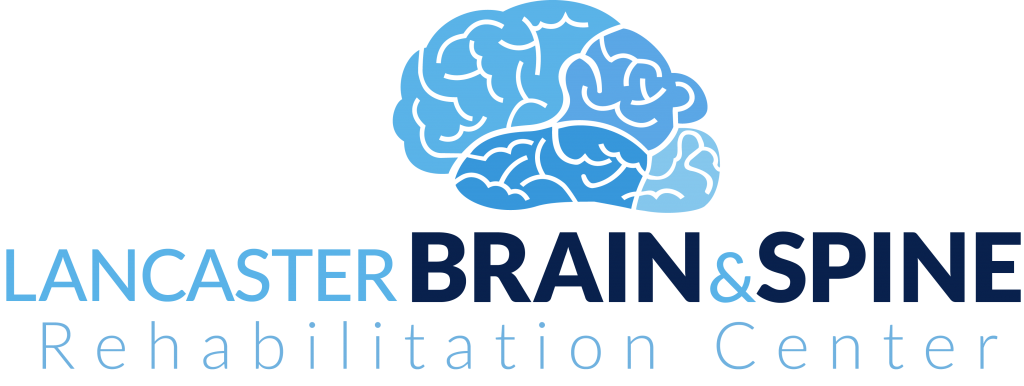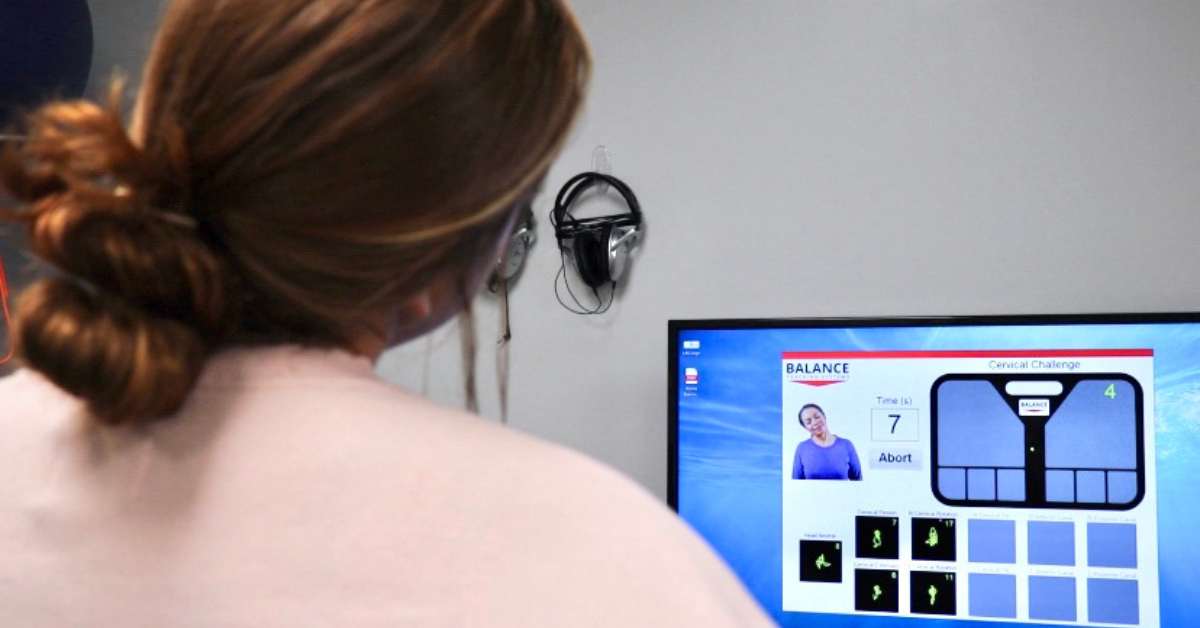One of the most common complaints our physicians deal with is patients coming in with feelings of dizziness. Most people recognize this disorienting sensation as a warning sign that something’s not quite right in their bodies. Just like how pain warns us that something hurts, dizziness alerts us that something may be out of balance.
Just as there are many solutions to various types of pain, there are also many solutions to why you may feel dizzy. You could be experiencing anything from inner ear problems to low blood pressure, or even something more serious, like dysautonomia. While the feeling of dizziness is not always alarming, diagnosing the causation correctly is crucial to receiving the right type of treatment.
So let’s start with the basics — what actually causes dizziness?
The Word “Dizzy” Can Refer To Countless Conditions
“Dizziness” is an umbrella term that people use to describe a general feeling or sensation, but in the medical world, it needs to be narrowed down. People who experience dizziness often describe the feeling like they are spinning, that they might pass out, or that they may fall over. You may have one or all three of these sensations.
Since “dizziness” is generally used to describe all of these, it’s important to clarify what is actually occurring. We do this by asking exploratory questions around specific feelings and experiences, as well as using cutting-edge diagnostic tools, to help us accurately determine the symptoms before discovering the cause.
So when you say you “feel dizzy,” what do you really mean by that?
Let’s explore the three main categories of dizziness that we may diagnose.
1. Vertigo
Vertigo is the term we use to describe the sensation of spinning, that may be accompanied by nausea or vomiting. It may feel like you yourself are spinning, or that the world around you is spinning. Your body is essentially detecting a false sense of movement. This sensation can last briefly, say seconds or minutes, or up to days at a time.
A branch of this diagnosis is positional vertigo, occurring when you change position or move your body — we call this benign paroxysmal positional vertigo (BPPV). It is most noticeable when you lie down, sit or stand up from a different position. This is one of the most common forms of vertigo and is usually easy to treat with just a few visits.
What Causes Vertigo?
Vertigo is typically caused by problems in the inner ear, brain or vestibular nerve. Perhaps you previously had an infection, experience frequent migraines or have an autoimmune issue.
Thorough diagnostic testing can help determine where your vertigo is coming from. At Lancaster Brain & Spine, we have a range of cutting-edge diagnostic equipment in-house to help diagnose the root cause of your dizziness.
If you think you’re experiencing vertigo and the sensation disrupts your daily activities or causes you discomfort, we recommend you speak to a medical professional to get a diagnosis and treatment. Book a free 15-minute consultation here.
2. Lightheadedness
The second category of dizziness is lightheadedness, the sensation of feeling faint or as if you are about to pass out. This is generally caused by a lack of blood flow or oxygen to the brain. For example, if you stand up too quickly, you may feel lightheaded. However, this sensation can be a sign of something more serious or a side effect of an underlying condition.
What Causes Lightheadedness?
There are numerous underlying conditions and situations where lightheadedness can occur. These include, but are not limited to:
- Conditions such as dysautonomia and postural orthostatic tachycardia syndrome (POTS)
- Underlying medical issues like hypoglycemia or anemia
- People who struggle to regulate their blood pressure and/or heart rate
- Generalized anxiety disorders
- Substance use, such as nicotine
If you get lightheaded often, we recommend you see a professional. Book a consultation with us here to see if we can help.
3. Off-balance
The final category of dizziness we diagnose is being off-balance, which refers to being unsteady on your feet or feeling confused due to this unsteadiness. It may present itself as a complete loss of balance, or a feeling like you might fall.
What causes the “off balance” feeling?
Feeling off-balance is often caused by nerve damage in the lower body or visual problems, sometimes a result of diabetes, chemotherapy or trauma to the nerves. Another condition that can make you feel off-balance is stenosis.
If you regularly feel off-balance and it’s impacting your daily life, seek professional help. You can always book a free 15-minute phone consultation with us by using this simple form.
When Should You Seek Medical Help?
Many people experience one-off occurrences of dizziness that are usually benign and harmless, often due to dehydration, inactivity or motion. However, if you’re experiencing any of the following, we recommend you seek a professional opinion to see if there’s a treatment option available:
- Chronic/long-term occurrences of dizziness
- Severe events of dizziness that interfere with day-to-day activities
- Additional symptoms, such as loss of speech
We understand how frustrating and worrying these symptoms can be — especially when they affect your daily routine. That’s why we offer free telephone consultations that you can request by filling out our quick 5-question form.
How Do You Diagnose The Underlying Cause of Dizziness?
At our Lancaster-based clinic, we’re experts in diagnosing dizziness. That’s why we invested in a variety of cutting-edge diagnostic tools to better understand why you’re experiencing this sensation before prescribing a treatment.
Some of these tools and technologies include:
- Videonystagmography — tracking your eye movements to help diagnose vertigo
- Computerized posturography (Btracks) — measuring balance and monitoring center of gravity
- Tilt table — to measure blood pressure, heart rate and breathing
- Visual examinations — to measure your walking stance and gait
Using one or a combination of these tools will allow us to properly diagnose your condition and then create a custom treatment plan that suits you and your lifestyle.
How We Treat Dizziness
As specialists in neurological disorders and dysfunctions, our diagnostic process followed by custom treatment plans has proven to have incredible results. The treatment for dizziness depends on the underlying cause — if you have an inner ear problem, the treatment will be different than someone with low blood pressure.
Therefore, we customize treatment plans based on your diagnosis and lifestyle so we can get you back to living your regular life as soon as possible.
Looking For Advice On Your Symptoms?
That’s why we offer 15-minute consults, so you can understand your symptoms and what your options are. You can request yours by filling in this quick 5-question form.






